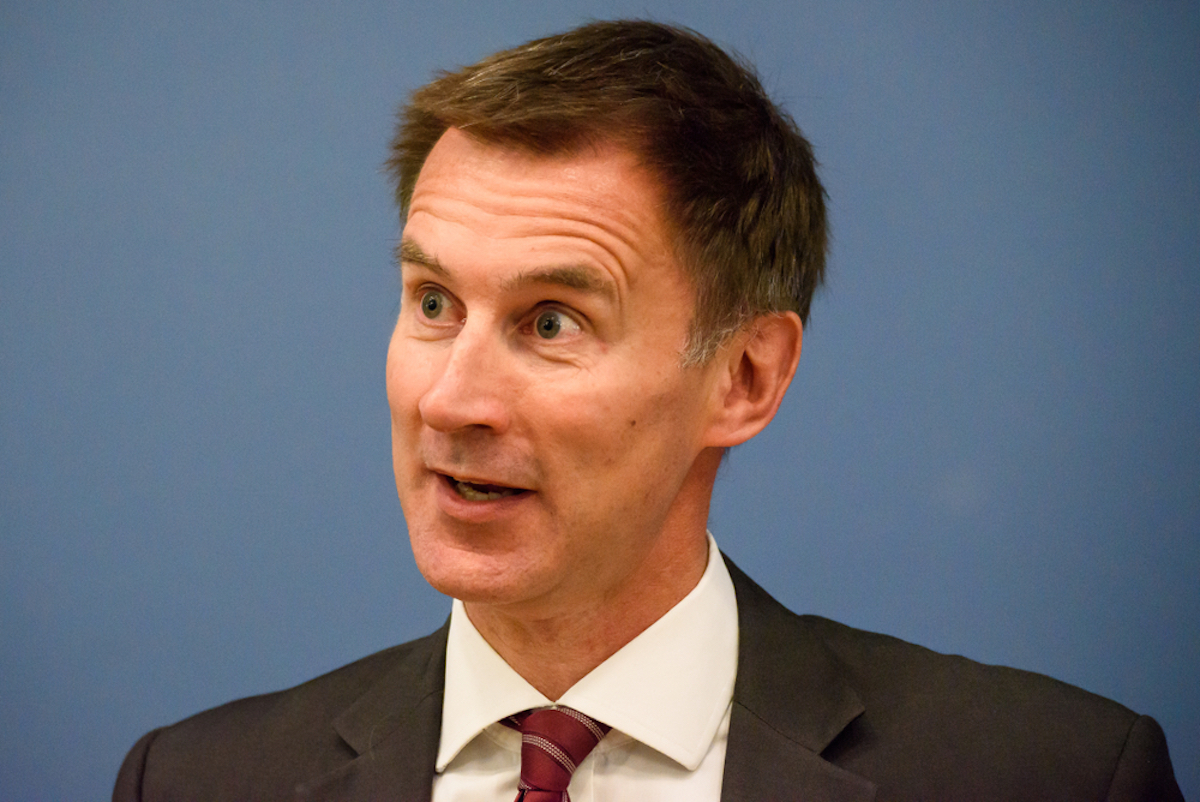Dear visitor,
You're reading 1 of your 3 free news articles this quarter
Register with us for free to get unlimited news, dedicated newsletters, and access to 5 exclusive Premium articles designed to help you stay in the know.
Join the UK's leading credit and lending community in less than 60 seconds.
Public borrowing to be £70bn larger than expected
Chancellor Jeremy Hunt has reportedly been warned that UK public borrowing will be about £70bn larger than expected.

Senior Journalist, covering the Credit Strategy and Turnaround, Restructuring & Insolvency News brands.
An ally of the chancellor told the Financial Times that government forecaster the Office for Budget Responsibility (OBR) estimates that a worse economic outlook will raise government borrowing close to £100bn.
According to the outlet, roughly half of the £70bn increase is caused by higher anticipated costs of servicing government debt, with the remainder coming from a weaker economic growth outlook hitting tax revenues, and inflation raising the expense of welfare benefits and state pension.
This deterioration is significantly greater than calculated by think tanks such as the Institute for Fiscal Studies and the Resolution Foundation.
Speaking to the BBC on Sunday, Hunt acknowledged the need to take action after receiving forecasts from the OBR. He said: “We are going to see everyone paying more tax.
“We’re going to see spending cuts.”
Hunt’s ally told the Financial Times the Autumn Statement would focus heavily on fixing the public finances because it was “hard to sugar coat” the OBR forecasts, but insisted the Treasury was not deepening the coming recession with excessive tax rises and spending cuts.
The outlet has also said Hunt will focus on limiting the growth of day-to-day spending on public services after the government’s existing plans for Whitehall departments expire in 2025.
He also intends to freeze many allowances and thresholds across the tax system so as to secure more revenue as people’s incomes rise amid high inflation. Additionally, Hunt has said he would outline on Thursday (17 November) the government’s new plan for helping households with soaring energy bills.
Officials said the government’s overall fiscal stance as the UK economy enters recession was incredibly supportive to households via the help with energy bills, but the most important thing was to help the Bank of England curb inflation.
The chancellor has emphasised the government wanted to promote economic growth as part of the Autumn Statement, but is planning to outline barriers to growth that the government will focus on fixing in the months ahead.
Stay up-to-date with the latest articles from the Credit Strategy team
Get the latest industry news






